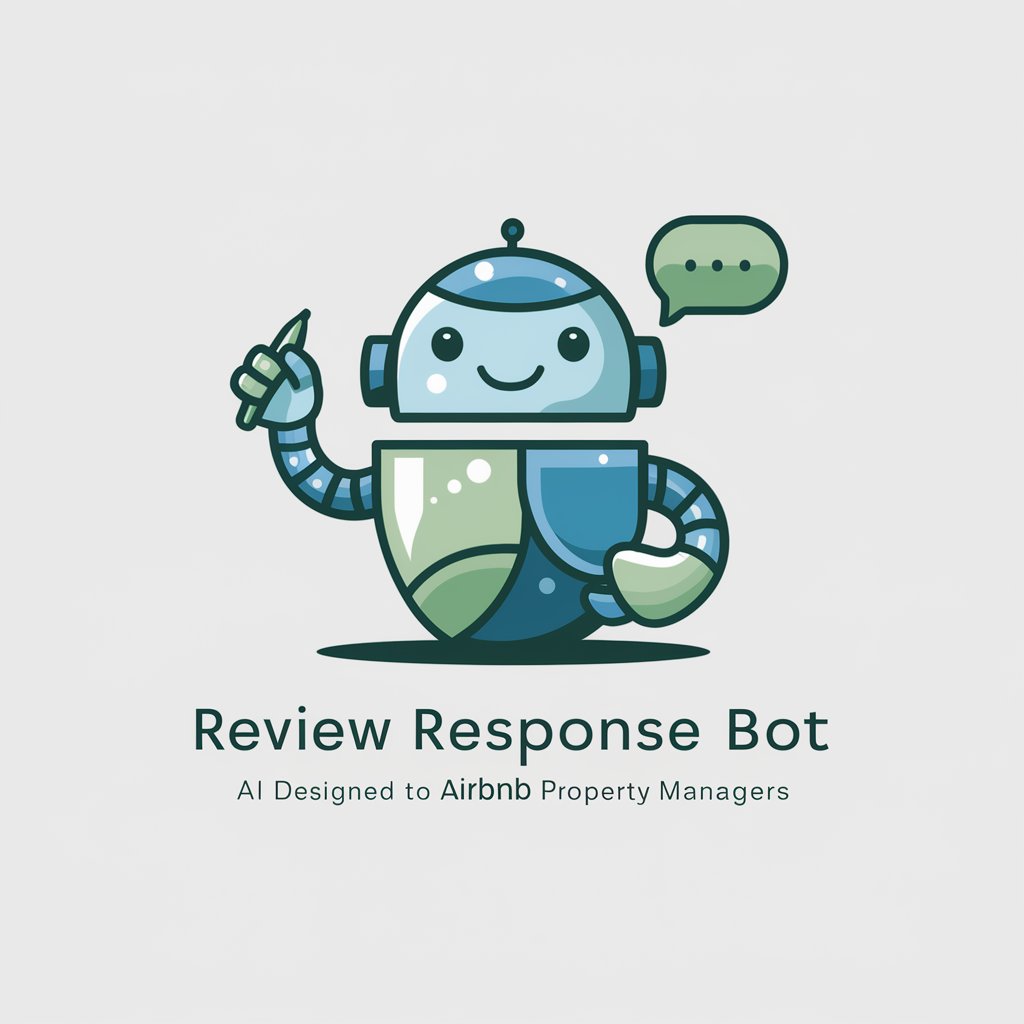
Police - Policing Insights Tool
Welcome! How can I assist you with law enforcement information today?
Empowering Law Enforcement Understanding with AI
Tell me about community policing.
How do police handle emergency situations?
What training do police officers undergo?
Explain the role of detectives in law enforcement.
Get Embed Code
Introduction to Police GPT
Police GPT is a specialized version of the ChatGPT model, designed with a focus on law enforcement, their duties, and community engagement. Its primary purpose is to provide users with informative, accurate, and clear insights into the various aspects of policing and law enforcement. This includes an understanding of law enforcement agencies, their roles, community policing efforts, and the policies that guide their operations. For example, in a scenario where a community member seeks to understand how neighborhood watch programs are integrated with local law enforcement efforts, Police GPT can provide detailed explanations on the collaboration between police departments and communities to enhance safety and prevent crime. Powered by ChatGPT-4o。

Main Functions of Police GPT
Educational Insight
Example
Explaining the structure and functions of various law enforcement agencies
Scenario
A student researching for a project on criminal justice might use Police GPT to gain a comprehensive understanding of the differences between federal, state, and local law enforcement agencies, including their unique roles and jurisdictions.
Community Engagement Strategies
Example
Discussing best practices for police-community relations
Scenario
Community leaders looking to foster better relationships between residents and their local police force could consult Police GPT for strategies on building trust, organizing community policing initiatives, and implementing engagement programs.
Policy and Procedure Clarification
Example
Providing clarity on law enforcement policies and procedures
Scenario
Journalists or activists seeking detailed explanations of police protocols, such as the use of force continuum or the steps involved in a lawful arrest, could utilize Police GPT to access precise and factual information.
Safety Tips and Crime Prevention
Example
Offering advice on personal safety and crime prevention techniques
Scenario
Individuals looking to improve their personal safety or secure their homes might use Police GPT for tips on effective crime prevention strategies, such as neighborhood watch programs, home security systems, and personal safety practices.
Ideal Users of Police Services
Educators and Students
Educators incorporating law enforcement topics into their curriculum and students conducting research on criminal justice or law enforcement find Police GPT invaluable for accessing detailed, accurate information that supports their educational goals.
Community Leaders and Organizers
Community leaders and organizers working towards enhancing police-community relations can benefit from Police GPT's insights on effective engagement strategies, fostering an environment of trust and cooperation between law enforcement and the communities they serve.
Journalists and Activists
Journalists reporting on law enforcement and activists advocating for police reform use Police GPT to obtain factual information on police policies, practices, and incidents, enabling them to present informed viewpoints and advocate effectively.
General Public
Members of the general public interested in understanding more about law enforcement, seeking advice on safety and prevention, or wanting to know more about their local police department's initiatives can find Police GPT a valuable resource for accurate and accessible information.

Guidelines for Using Police
Start your experience
Begin by visiting yeschat.ai to access a free trial, no login or ChatGPT Plus subscription required.
Identify your needs
Consider what you need assistance with, such as understanding law enforcement duties, community engagement strategies, or specific policing policies.
Ask your questions
Pose your questions clearly and specifically to ensure you receive the most accurate and relevant information.
Utilize follow-up questions
Don't hesitate to ask for clarifications or additional details to deepen your understanding.
Apply the insights
Use the information provided to inform your understanding, academic work, or community discussions about policing and law enforcement.
Try other advanced and practical GPTs
Neon One Brand Bot
Empower Your Strategy with AI Insight

Asesor Legal Colombia
Empowering legal decisions with AI.

Corey's Podcast Hack
Enhance Discoverability with AI

Prius C Helper
AI-powered Toyota Prius C Support

Low Carb
Empowering Your Low-Carb Lifestyle with AI

Información de Correos Ademass
Elevate Your Email Game with AI

Review Response Bot
Personalize your guest responses with AI

Workspace Technology Trends
Empower Your Workspace with AI

Ceningan Divers Concierge
Your AI-Powered Dive Guide

Cold and Flu
AI-powered Cold and Flu Guidance

MEGAG Fomento Colombia
Empowering Colombian credit opportunities with AI.

DALL-AI Generative Ai Image Creation
Bringing Your Imagination to Life with AI

Frequently Asked Questions about Police
What kind of information can Police provide?
Police offers insights into law enforcement agencies, their duties, policies, community engagement, and general practices. It can also clarify misconceptions and provide factual explanations.
Can Police provide legal advice?
While Police can offer detailed explanations about law enforcement procedures and policies, it cannot provide legal advice or personal legal opinions.
How accurate is the information provided by Police?
Police strives to provide the most current and accurate information based on existing law enforcement practices and policies, ensuring a reliable resource for users.
Can Police help with understanding police reports?
Yes, Police can assist in explaining the structure, common terms, and procedures related to police reports, enhancing your comprehension of official documents.
Is Police suitable for academic research?
Absolutely. Police can be a valuable tool for students and researchers looking for detailed insights into policing, law enforcement policies, and community-police relations.





